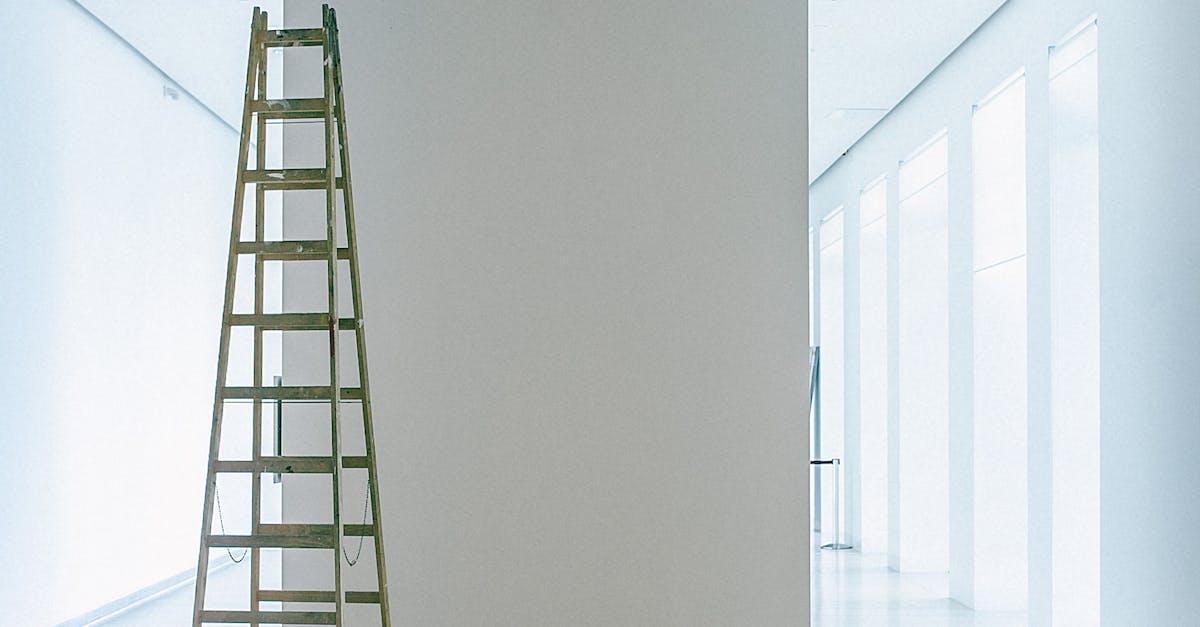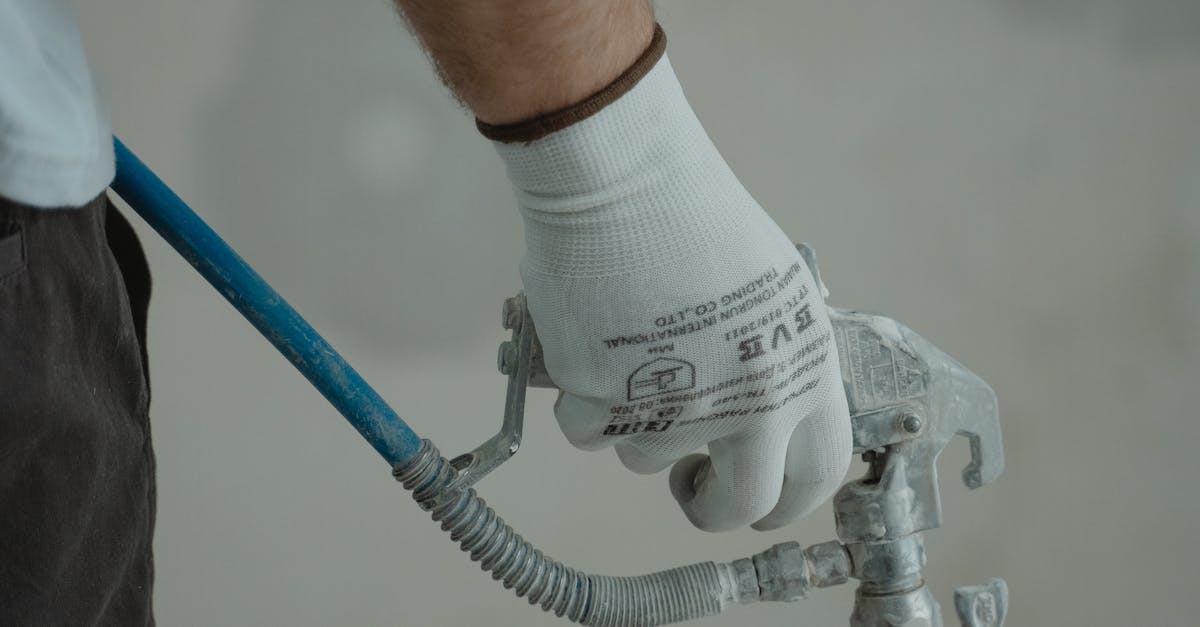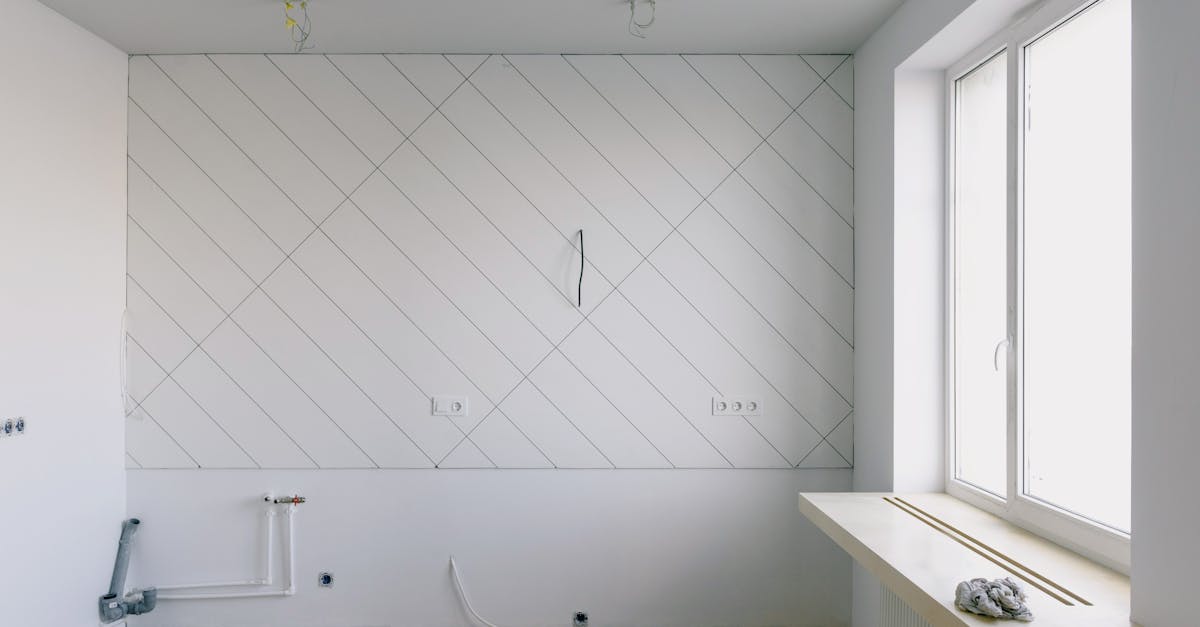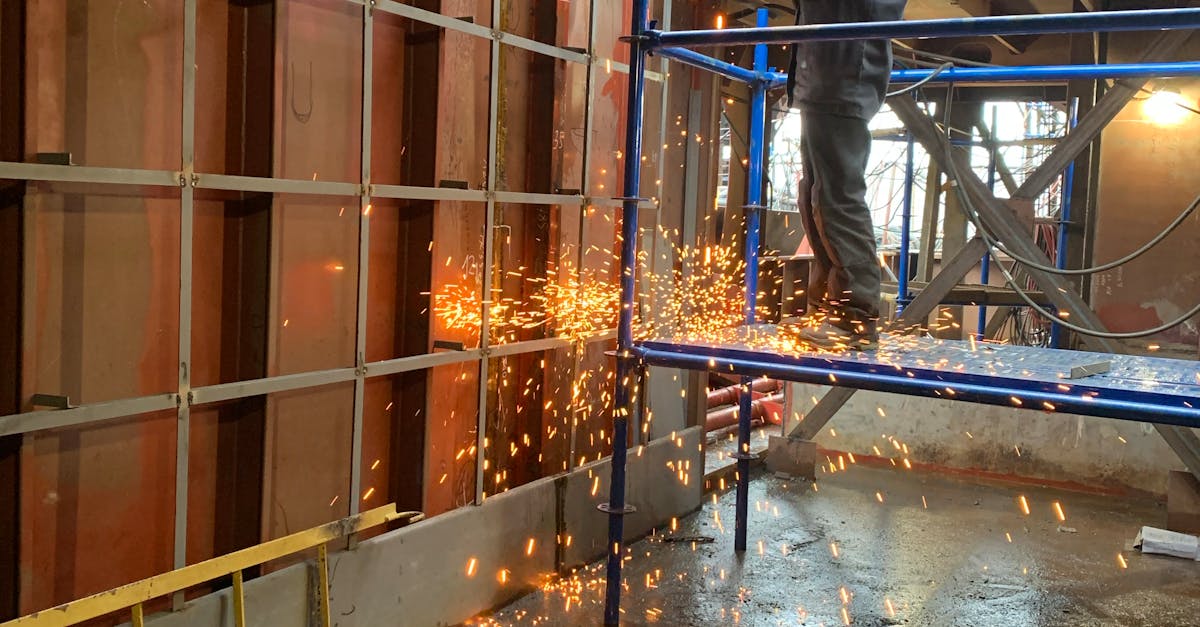
Table Of Contents
DIY Pipe Repair Safety
When it comes to DIY pipe repair, safety should always be the top priority. Pipe installation and repair Victoria can involve various risks, including exposure to harmful chemicals, burns, cuts, and potential structural damage. Before attempting any pipe repairs on your own, it is crucial to take the necessary precautions to protect yourself and your property.
To ensure your safety during DIY pipe repairs, remember to wear appropriate protective gear such as gloves, safety goggles, and a mask to shield yourself from potential hazards. Additionally, make sure to turn off the water supply to the affected area before starting any repair work. By following these safety guidelines, you can reduce the risk of accidents and ensure a successful pipe repair project.
Precautions to Take When Handling Pipe Repairs on Your Own
When it comes to handling pipe repairs on your own, there are several precautions that should be taken to ensure safety and efficiency. Firstly, always wear appropriate safety gear such as gloves and safety goggles to protect yourself from any potential hazards. Additionally, make sure to turn off the main water supply before attempting any repairs to avoid unexpected leaks or water damage. It is also crucial to carefully inspect the area of repair to identify any potential risks or issues before starting the repair process. For individuals residing in regions like Pipe installation and repair Frankston, Victoria, it is recommended to have a professional plumbing service contact on standby in case the repair exceeds your capabilities.
Moreover, it is essential to follow proper procedures and use the correct tools when handling pipe repairs to prevent accidents or further damage. Avoid using tools that are damaged or inappropriate for the job as this can lead to inefficient repairs and potential safety risks. Additionally, make sure to securely support the pipes during the repair process to prevent any accidental movement or dislodging. Lastly, always double-check your work after completing the repairs to ensure that everything is functioning correctly and there are no leaks. By following these precautions and being vigilant, you can effectively handle pipe repairs on your own while prioritizing safety and efficiency.
Tools of the Trade
When it comes to pipe installation and repair Carrum Downs, Victoria, having the right tools is essential to ensure the job is done efficiently and effectively. Some basic tools that are necessary for any plumbing project include a pipe wrench, pipe cutter, tubing cutter, hacksaw, tongue-and-groove pliers, and a tape measure. These tools allow plumbers to cut, thread, and tighten pipes securely, ensuring a leak-free and functional plumbing system.
In addition to the basics, more specialized tools may be required depending on the specific plumbing task at hand. Some of these tools include a pipe reamer, flaring tool, bending springs, and a torch for soldering. Having a well-equipped toolbox is crucial for any plumber or DIY enthusiast looking to tackle pipe fitting and repairs with confidence and precision.
Essential Equipment for Pipe Fitting and Repairs
When it comes to pipe installation and repair Victoria, having the right tools is essential. One of the most crucial pieces of equipment for pipe fitting and repairs is a pipe wrench. This tool allows for a secure grip on pipes and fittings, enabling you to tighten or loosen them effectively. Additionally, a tubing cutter is vital for cleanly cutting through pipes without causing any damage, ensuring a precise and smooth finish to your plumbing work.
Another indispensable piece of equipment for pipe fitting and repairs is a pipe threader. This tool allows you to create threaded ends on pipes, which are necessary for connecting various sections of piping together securely. Moreover, a pipe bender is crucial for shaping pipes at specific angles, enabling you to customize your plumbing layout according to the requirements of your project. Having these essential tools in your arsenal will not only make your pipe fitting and repair tasks more manageable but also ensure the durability and longevity of your plumbing system.
Maintenance Tips for Pipes
Regular maintenance of your pipes is crucial to ensure the longevity and efficiency of your plumbing system. Pipe installation and repair Frankston, Victoria experts suggest inspecting your pipes periodically for any signs of damage or leaks. Addressing small issues promptly can prevent them from escalating into costly repairs in the future. Simple tasks like checking for water stains, corrosion, or odd sounds can help you catch potential problems early on.
In addition to visual inspections, scheduling routine professional maintenance can further safeguard your pipes and plumbing system. A licensed plumber can conduct thorough assessments and cleaning to keep your pipes in optimal condition. By investing in regular maintenance, you can extend the lifespan of your pipes and prevent emergencies down the line.
Preventative Measures to Extend the Lifespan of Your Plumbing System
To ensure the longevity of your plumbing system, regular maintenance is essential. One crucial aspect of preventative measures is to conduct periodic checks for any leaks or damage in your pipes. Keeping an eye out for even minor issues can prevent them from escalating into more significant problems that could be costly to fix. Pipe installation and repair Carrum Downs, Victoria, emphasizes the importance of promptly addressing any leaks or damages to preserve the integrity of your plumbing system.
Additionally, monitoring the water pressure in your pipes can help prevent strain on the system, ultimately extending its lifespan. Excessive water pressure can lead to leaks, bursts, or other complications within the pipes. By installing a pressure regulator and ensuring that the pressure remains within the recommended range, you can protect your plumbing system from unnecessary stress. Regularly checking and adjusting the water pressure can go a long way in maintaining the health of your pipes and preventing unexpected breakdowns.
FAQS
Who is qualified to fit and repair pipes?
Licensed plumbers are typically the professionals who are qualified to fit and repair pipes. They have the necessary training and expertise to handle various plumbing issues safely and effectively.
Can I attempt to repair pipes on my own?
It is not recommended for individuals without plumbing experience to attempt pipe repairs on their own, as it can lead to further damage or safety hazards. It is best to seek the help of a professional plumber for such tasks.
What are some common tools used for pipe fitting and repairs?
Some common tools used for pipe fitting and repairs include pipe wrenches, pipe cutters, pipe threaders, and Teflon tape. These tools are essential for working with different types of pipes and fittings.
How can I maintain the pipes in my home?
Regular maintenance is key to keeping your pipes in good condition. This includes checking for leaks, cleaning drains, insulating exposed pipes, and being mindful of what goes down the drains to prevent clogs.
Are there any preventative measures to extend the lifespan of my plumbing system?
Yes, there are several preventative measures you can take to extend the lifespan of your plumbing system. These include fixing leaks promptly, avoiding harsh chemicals, monitoring water pressure, and scheduling regular inspections with a professional plumber.


